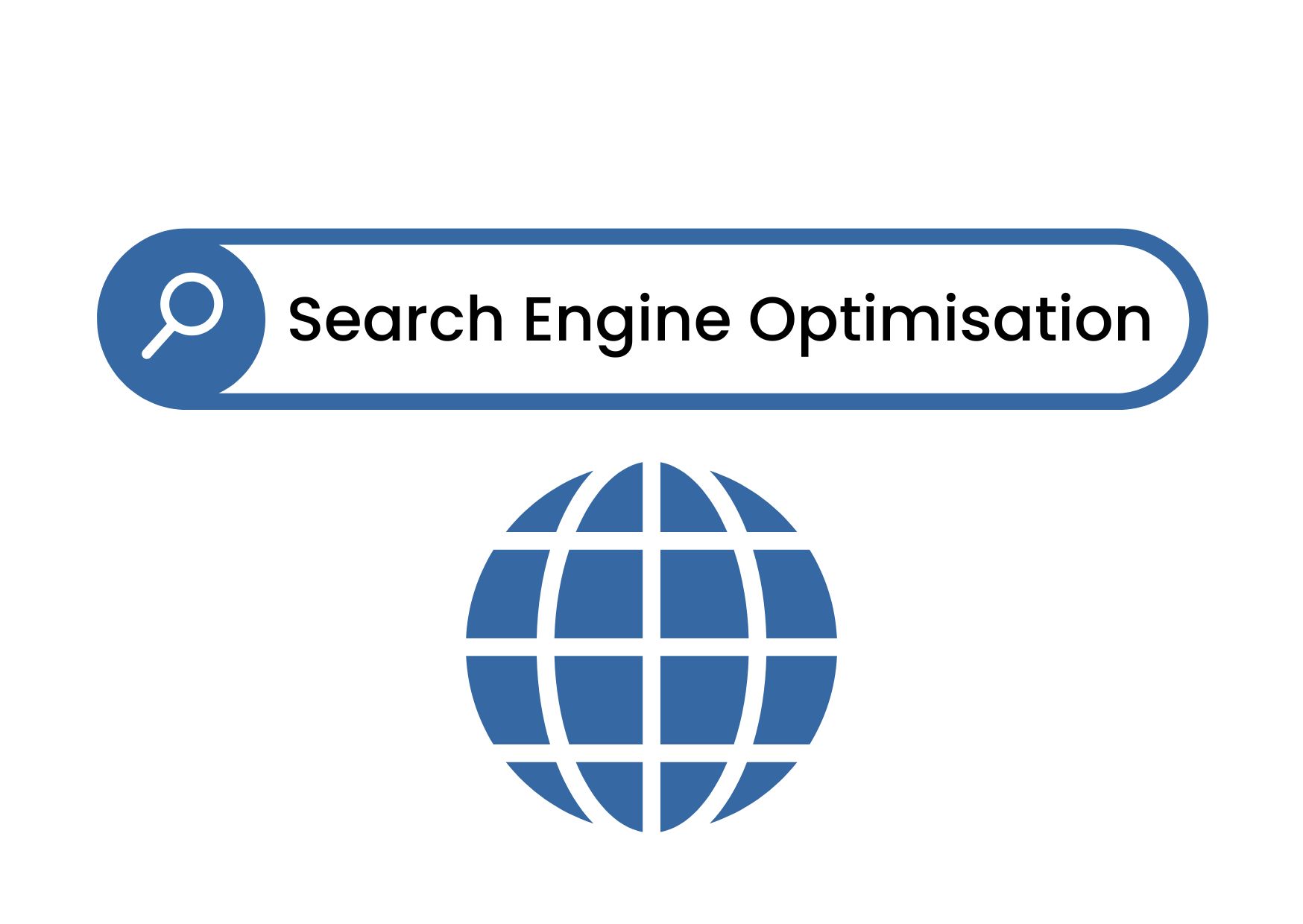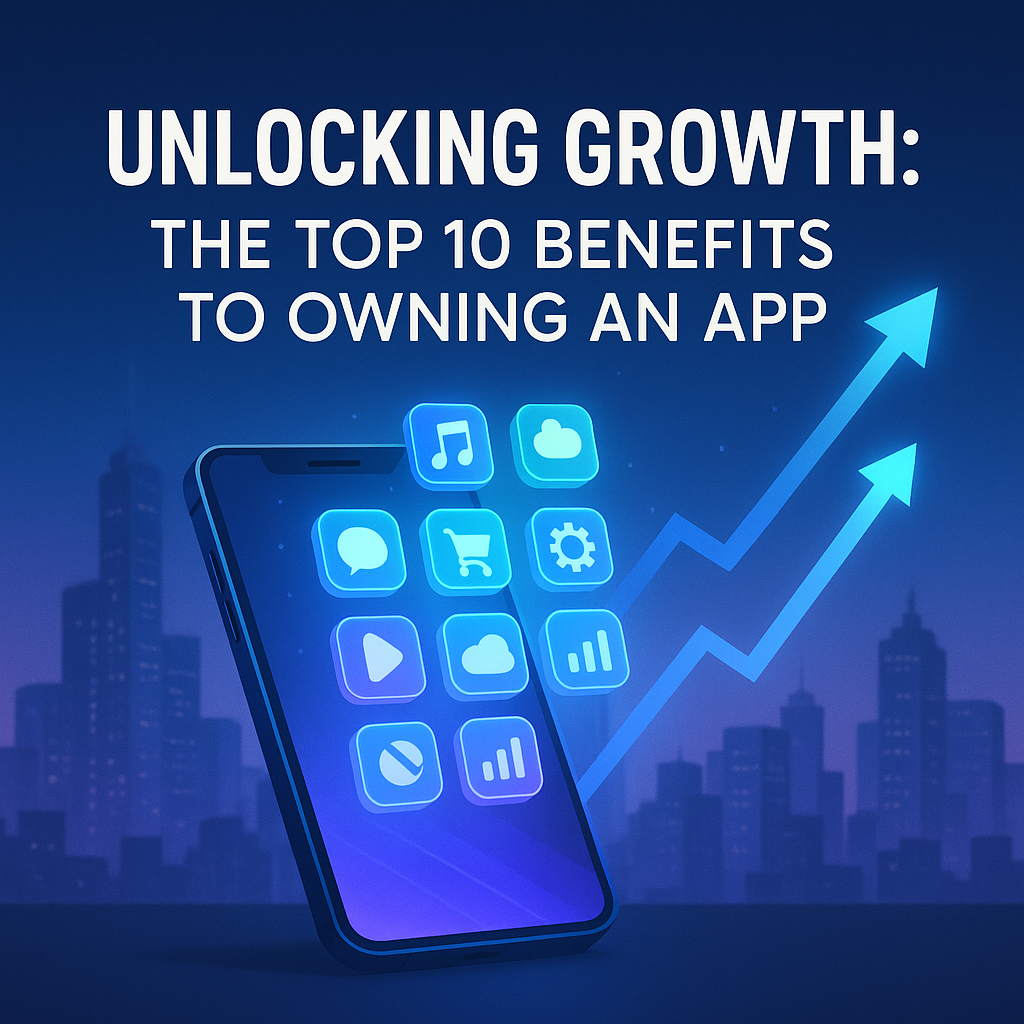
Search Engine Optimisation
Search Engine Optimisation, in its simplest form, is the art of optimising the content on your website to rank highly in people’s internet searches; on search engines such as Google, Yahoo and Bing. Like mastering an art, it requires time, perseverance and a lot of patience, after all there are nearly as many websites online as there are people on the planet, that’s a lot of pages to scroll through on google. SEO is by no means a quick fix, however leads from search engines have a 14.6% close rate, compared to leads from other avenues, like paid advertising which only has a 1.7% close rate. Now I’ve got your attention!
The success of SEO is based on finding the balance between the user and the search engine.
How you get there is down to effective and well considered strategy, what worked for one website most probably won’t work for another, and certain elements of SEO are largely down to trial and error; keywords as an example. This is the first in a series of posts about SEO and how to utilise it to get the best out of your website.
The success of your SEO strategy is down to an equal combination of Crawling, Indexing and Ranking, otherwise known as Discovery, Relevance and Authority, no one element will work without the other two.
Discovery/ Crawling
At this stage, the Search Engine wants to get to grips with everything on your website, it is crawling through every page, leaving no stone unturned.
Relevance/ Indexing
After sussing you out, the Search Engine is now working out how relevant your website is in relation to what people are searching- this is when it searches for your Key Words or word matches.
Authority/ Ranking
Finally, the Search Engine will try and establish your authority or reputation. This is based on many things, your name, how many people have clicked on your website before, and importantly having backlinks to your website. At this stage, they’re rating your trustworthiness, without this your website won’t rank highly in search results.
Here’s what you should take away from this week’s post:
- DISCOVERY– Do you have easy-to-find content that search engines can access?
- RELEVANCE– Does your content relate well to what your target audience will be searching for? Are you using Keywords that haven’t been overused but will still be searched?
- AUTHORITY– Are people talking about your content? Is your content being referred to on other websites? Most importantly, as if someone has cited your work in an essay, if someone backlinks your website, your exposure will grow.





